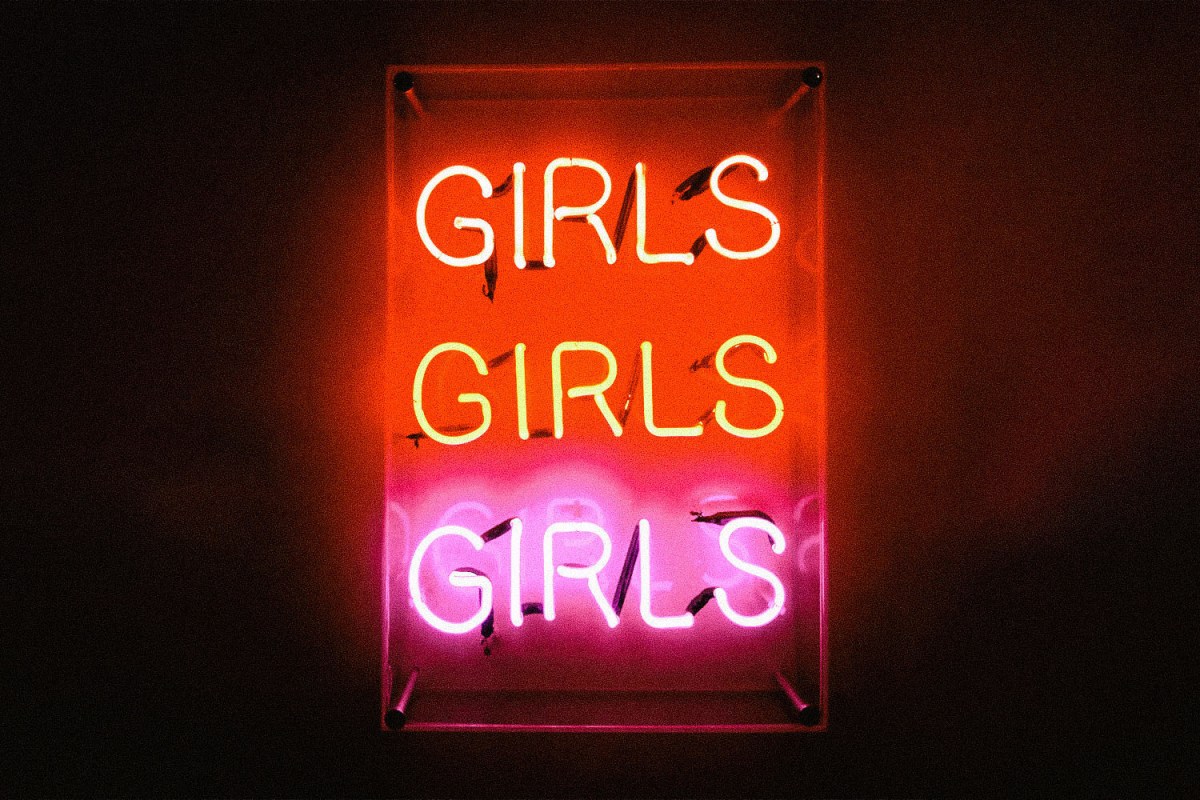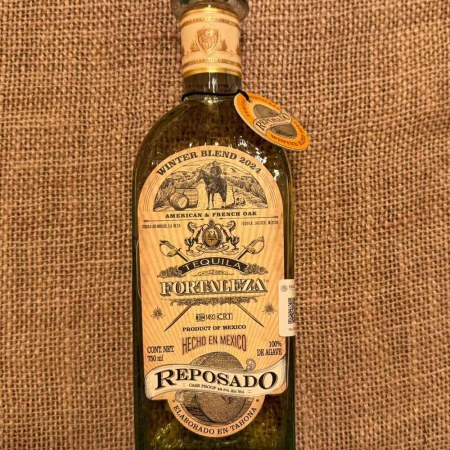What do you call an adult, female-identifying person? This isn’t a riddle. The answer is simple: a woman. More specifically, the answer is a “woman,” not a “girl.”
Still, the word “girl,” which most commonly refers to a female child, is often used to refer to adult women of any age — a use which Merriam-Webster deems “sometimes offensive.”
That’s the tricky part — “sometimes.” The word “girl” is often used colloquially — even affectionately — by people of all genders to refer to adult women in a variety of contexts. I — an adult woman myself — will admit to casually referring to a female coworker or friend as “a girl I work with” or “a girl I went to college with,” when I would probably not refer to male friends and colleagues as “boys.” Girls is even the name of a well-known if divisive HBO show about, wait for it, four adult women.
Such usage is more often considered problematic, however, when it bleeds into public and professional contexts — especially when it’s being used by a man in a position of power, particularly one who exercises that power directly over the “girls” to whom he is referring. In such a context, the use of “girl” is often considered infantilizing and/or condescending, an attempt, whether intentional or unwitting, to subjugate, discredit or otherwise undermine a woman’s authority.
“It’s a form of condescension,” says Sally McConnell-Ginet, Professor Emerita of Linguistics at Cornell University, author of Words Matter: Meaning and Power and co-author, with Penelope Eckert, of Language and Gender. For reference, McConnell-Ginet provides the more blatantly problematic example of “two male execs exchanging ‘I’ll have my girl (perhaps even older than the speaker) call your girl and set up lunch.’” In this Mad Men-esque example, says McConnell-Ginet, the men “are clearly using ‘girl’ much as in the south black men were regularly addressed and referred to as ‘boy.’”
While these examples obviously harken back to an earlier time, they can help put today’s comparably problematic usage of similarly infantilizing language into clearer perspective. Moreover, as McConnell-Ginet adds, continued use of “girl” in similar contexts today suggests reason to suspect such examples “are not as outdated as one would hope.”
In order to assess the appropriateness of using “girl” rather than “woman” in a given context, McConnell-Ginet suggests two questions that can serve as a barometer. For one thing, reciprocity matters: “Would ‘boy(s)’ be used in a comparable context for referring to adult males?” Similarly: “Would the speaker be perfectly happy if the person being addressed or referred to were to use ‘boy’ or ‘girl’ for them?”
If the answer to either question is no, says McConnell-Ginet, “then the usage is suspect. We have to ask why ‘girl’ is being used here.”
The obvious answer — if a rather reductive one — is patriarchy. More specifically, the ways in which patriarchal structures and power dynamics shape and inform language, often below the level of general public consciousness. As previously stated, the arguably problematic use of “girl” to refer to women is so baked into American culture and language that I myself routinely use it to refer to fellow women in contexts in which I would rarely if ever refer to grown men as “boys.”
“Uses of ‘boy’ for adult males do occasionally occur but are much rarer because there’s a wider social phenomenon of treating women as not quite fully adult — or indeed, in some context, fully human,” says McConnell-Ginet. “It is related to practices of more commonly using endearments like ‘dear’, ‘honey’, ‘sweetie’ with women than with men.”
Obviously, when I refer to fellow women as “girls,” I am not intentionally undermining them. I’d also be willing to believe many men — even powerful ones — are not being intentionally condescending when they invoke the g-word. (Moreover, as McConnell-Ginet notes, use of “girl” in casual contexts may be due, in part, to “the absence of a female term equivalent to the informal ‘guy,’” which, she adds, may be “one of the reasons ‘guy(s)’ has begun to lose its gender-specificity.”) Still, one could argue such use of “girl” rather than “woman” inevitably reflects and reinforces gendered power dynamics, whether we’re aware of it or not. We may even read this unconscious usage as a more insidious example of the ubiquity with which female subjugation is casually woven into society than we would a direct attempt to use such language to undermine a woman’s authority.
Of course, context matters, and as McConnell-Ginet notes, “There are reasons other than condescension for using ‘girl’ to refer to adult women.” For example, “When one woman uses ‘girl’ to another, it can be warm and friendly.” In this context, use of “girl” is affiliative, not condescending — though here, too, she adds, “reciprocity matters.” A woman referring to a friend as a “girl” within a relationship devoid of obvious power dynamics is clearly different from a woman referring to a female employee as such.
Meanwhile, a lack of universal agreement upon when, exactly, a “girl” becomes a “woman” presents another complication. Age of consent laws in the U.S. usually land on 18, but whether or not legal adulthood makes a “girl” a “woman” depends on context, as well as on which side of the discourse you’ve fallen. In cases of sexual misconduct allegations involving an older man and younger women — even of legal age — for example, referring to those women as such may be considered problematic in certain circles due to the power imbalance at play.
As is ultimately true of pretty much all questions of appropriateness, there is room here for nuance, relativity and context. In my opinion, casually referring to female friends or acquaintances as “girls” in an informal environment doesn’t necessarily mean you are actively upholding the patriarchy or challenging those women’s authority. Meanwhile, there are certainly plenty of worse things you could call a woman, which I will not be repeating here.
Still, it’s always worth considering the implications of the language we use, and the ways in which that language may reflect or reinforce certain societal structures. Generally speaking, if you are an adult man referring to an adult woman, it’s probably best to err on the side of caution and avoid the g-word. Fortunately, there’s a simple alternative, one with which you are probably already familiar: just call us women.
Whether you’re looking to get into shape, or just get out of a funk, The Charge has got you covered. Sign up for our new wellness newsletter today.
























